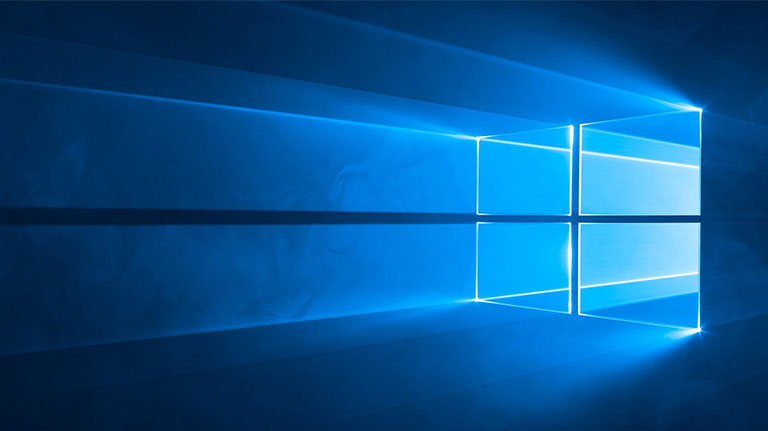
Despite the launch of Windows 10 in 2015, many PC users have stuck to Windows 7, but the operating system is due for an end of its extended support on January 14, 2020. Because Windows 7 stopped its mainstream support in 2014, it has and will continue to only receive security fixes, suggesting that it may not be the most reliable system to use. Microsoft all but confirmed this theory by telling corporate users that Windows 7, originating in 2009, is reaching the end of its time and that they ought to convert to Windows 10 soon.
Markus Nitschke, head of Windows at Microsoft Germany, explains that the operation system’s scheduled closure is because it “does not meet the requirements of modern systems nor the security requirements of IT departments.” Compared to Windows 7, Windows 10 contains more security features that have shown to be far more withstanding, including Windows Hello’s biometrics and virtualization-based security, which protects against credential theft. These advantages are meant to help prevent large flaws from ruining a system, which Microsoft is promoting as a benefit for corporations to use Windows 10.
The system’s durability was evident through Microsoft’s recent summary of two zero-day exploits. The instance mentioned was that of the Strontium group, assumed to be guilty of the hacks into the Democratic National Committee. The group is suspected to have used weaknesses in Windows’ windowing subsystem, its font management, and Adobe Flash to target think tanks in the United States. While Windows 10 still has the root of these bugs in its system, it includes a greater defense that would prevent future exploitation.
Even though Microsoft may find Windows 10 the better of its products, Windows 7 still has three year’s worth of security updates left and was a welcomed improvement when the company transitioned from Windows XP. Even with security updates, many corporate users kept using Windows XP at the time, perhaps because of the expenses that switching systems entailed. Microsoft seems to frown upon those reluctant to switch, with Nitschke warning that those using Windows 7 in 2020 “are faced with enormous dangers,” according to Trusted Reviews. The ultimate threat of waiting until the last possible minute to switch systems lies in Microsoft employees’ knowledge about older systems dying out.
“As we saw with Windows XP, companies should take early steps [to move to Windows 10] to avoid future risks or costs,” Nitschke revealed in his statement. Although Windows 7 hasn’t acted as poorly as Windows XP did toward its end, Nitschke and his company are still concerned about the backlash that may emerge from companies sticking to what they know best.
Source: Ars Technica, Trusted Reviews
Advertisement
Learn more about Electronic Products Magazine





